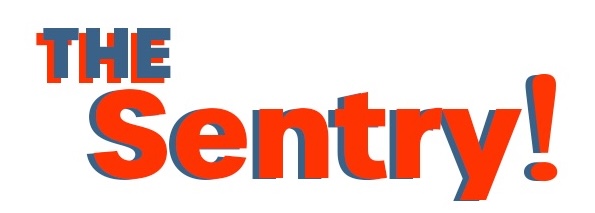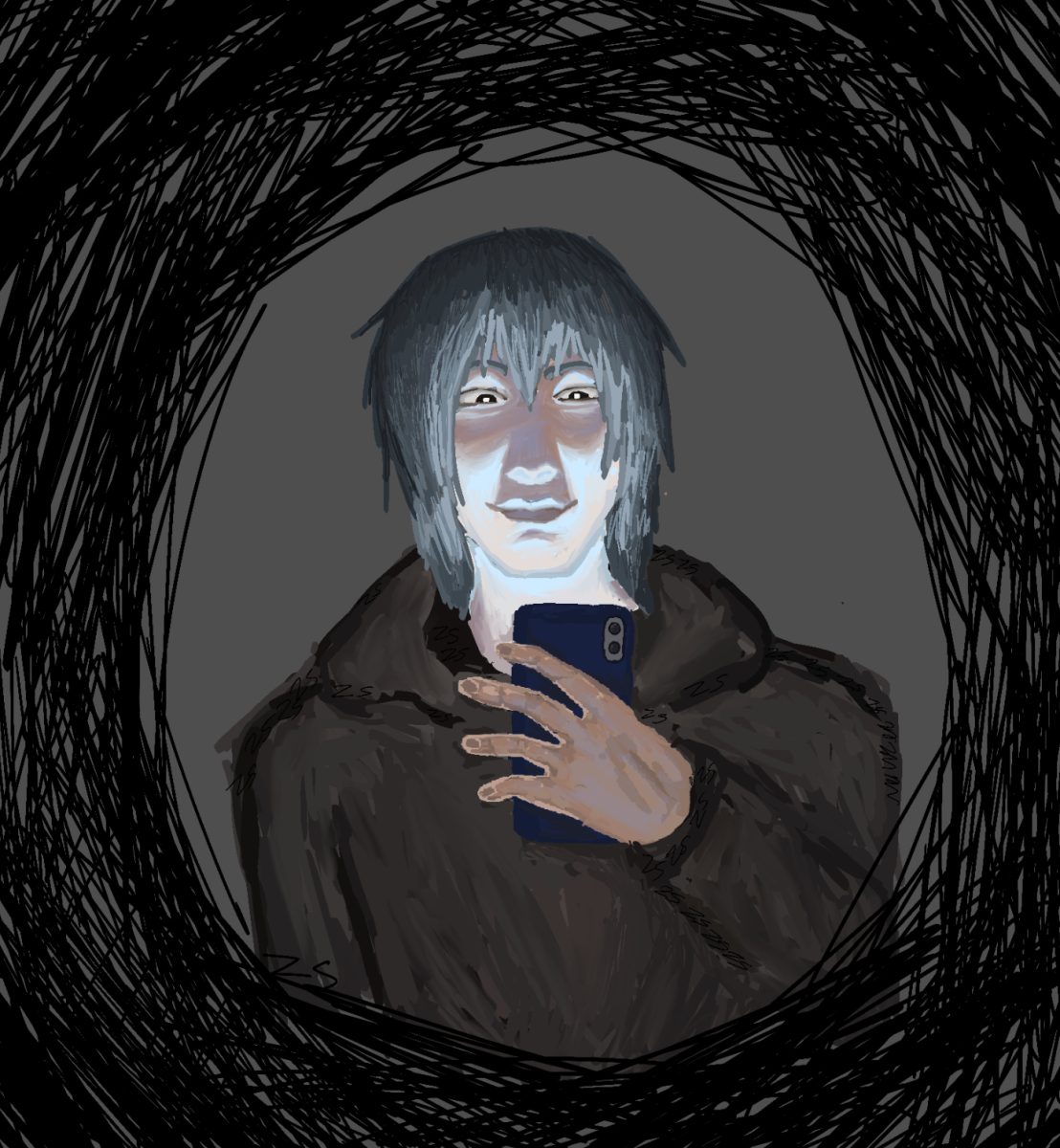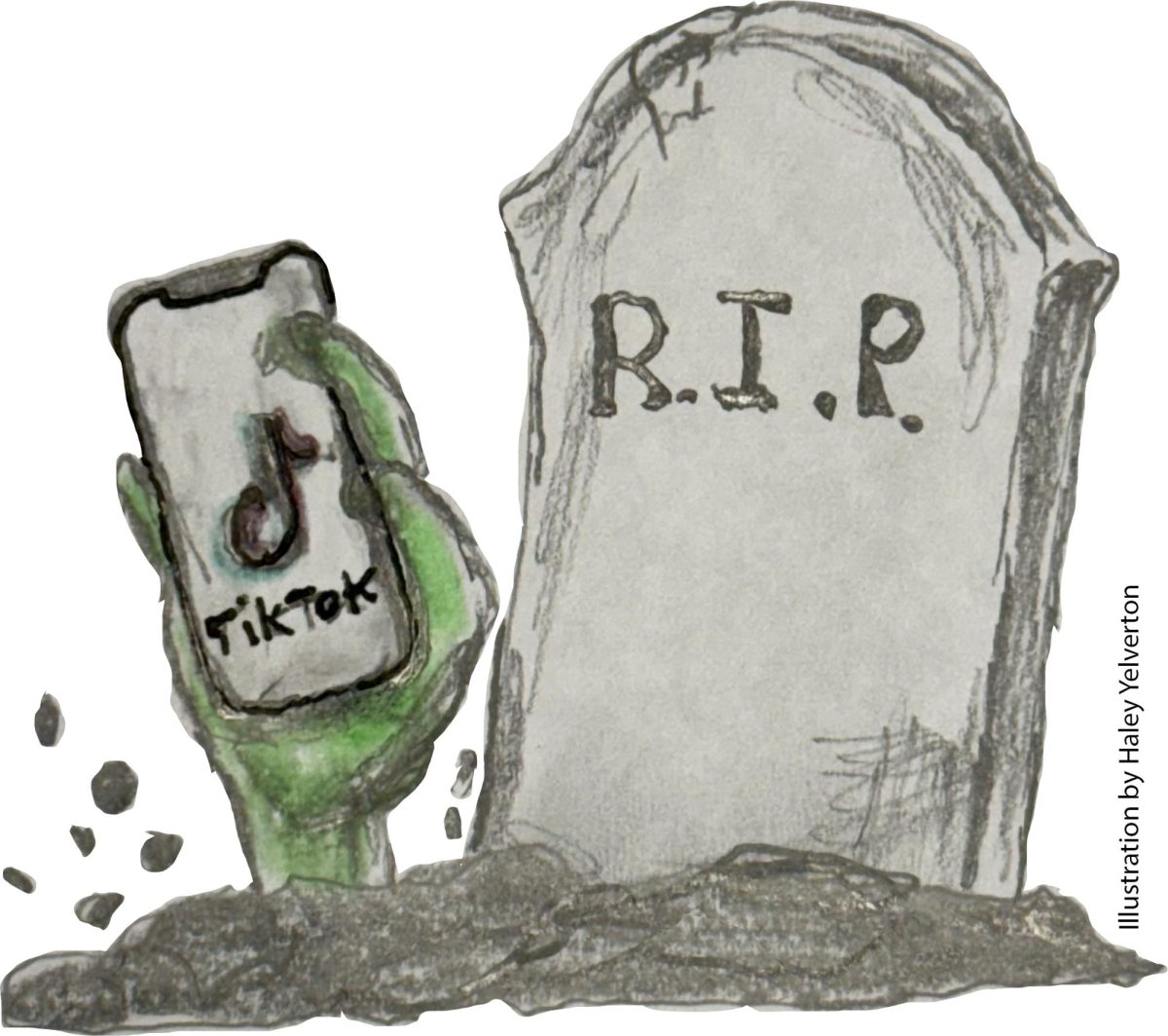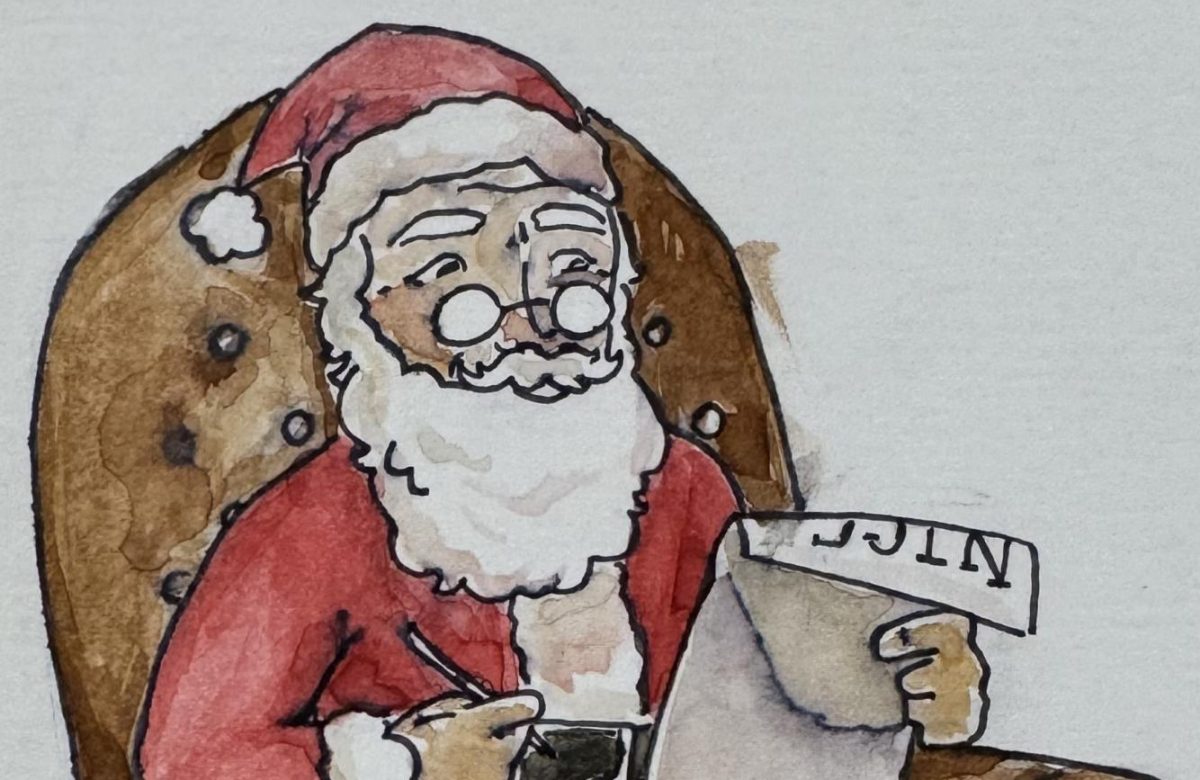Social media is one of the most influential things in the world, and it’s something that almost everyone uses everyday just out of plain habit. I know for certain that I do, but my new year’s resolution has actually come to fruition. Although I have not completely put away my social media, I have slowly reduced my screen time on certain apps like Instagram, TikTok, and Snapchat. To do this, I actually saw something on Instagram that helped me reduce my time on Instagram, which is paradoxical in a way. Dopamine is a hormone that rewards the brain’s system, and makes us enjoy certain things, like social media and scrolling. For example, every time you see something funny, entertaining, or interesting, your brain will send receptors that produce dopamine, producing this sense of pleasure.
I asked three of my friends what their thoughts on social media were because they all used major social media platforms. Parker Ingram, a Junior, said, “Instagram has become almost a habit for me in the morning, I don’t even think about opening it up because it’s where I get all my news and information.” Cameron Clune is a junior who thinks Instagram is almost worthless, and says he can get all his information from TikTok. He says, “Why would I need Instagram if I already have TikTok, and I already feel it being more entertaining than I think Instagram could ever be.” Lastly, I asked my friend Ridge Gamblin, who is another Junior. He only uses Instagram, unlike the other two who use both or just one. He says that using social media quite often probably does more harm than good, but since he may not be doing anything it is a good time-taker. These three different views show how social media is viewed by so many people, and show some benefits and thoughts.
I asked a fellow Sentry student, Henry Jordan, his thoughts of social media. Henry barely has any social media, with the exception of Snapchat. He said, “If I had it I would probably use it everyday and it would be some sort of habit.” This is good stuff, because it shows how a habit cannot be formed if you do not have something to help form it, like Henry with no social media.
My mentor told me one of the ways he has curbed his habit is turning the color off from his phone, or basically putting the color grade on Grayscale and limiting the amount of color dopamine from his phone. This is smart, and although I only got through a day using it, I found the benefit because now social media seemed less appealing. The no colors made me not want to open the apps, because it almost felt boring. According to Harvard Business Review, some ways to curb social media addiction is to cut daily time blockers, make a social “happy hour,” and even just straight up go cold turkey, not using it at all for a certain amount of time. I don’t try to get on it during school, and that has helped reduce my screen time on it.
Conclusively, social media addiction and habit can be stopped. If you commit yourself to something, using these tips or even going your own route will become more beneficial to your daily life, and can help you become an even better person, because you’re not worried about what everyone else thinks.









